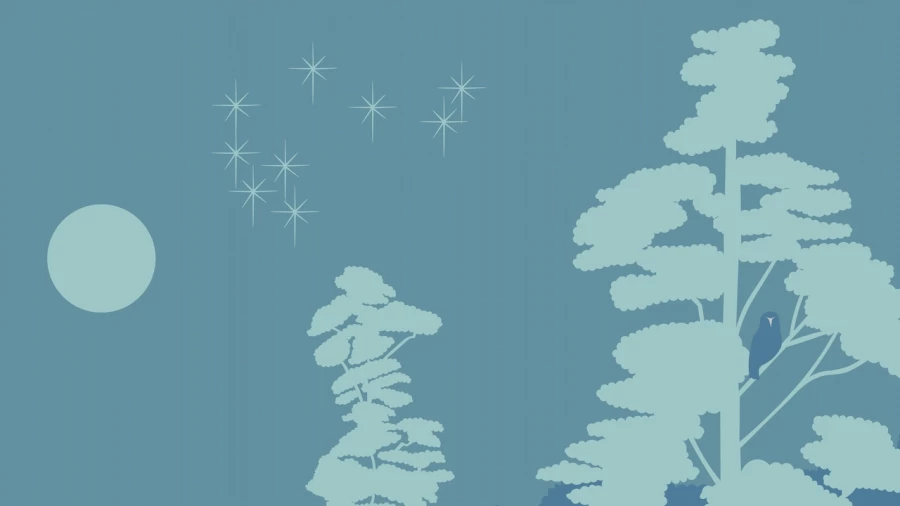
Alcohol addiction

For some people, a long-term dependency on alcohol can lead to conditions that are harmful to them and their whānau. Some of these cases may be considered as addictions. Find out what this means and what you can do.
Understanding addiction
An addiction is a medical condition referring to someone whose life is significantly affected by a substance like alcohol, and they cannot function without it. Addictions can cause physical or emotional harm.
We often use terms like ‘addict’ or ‘addiction’, sometimes as a joke, to describe someone who uses a lot of something. It is actually a specific disorder. Understanding this properly is important, as addictions require specific treatment.
Knowing the difference matters, because anyone can experience alcohol harm or have some problems, even if they are not addicted. Terms like ‘addiction’ and ‘addict’ are filled with stigma and stereotypes. The reality is that anyone experiencing harm regardless of the cause may already feel whakamā or shame about their situation.
Anyone can develop an addiction, regardless of age, ethnicity, upbringing, or financial status. It is not a moral issue or a reflection on someone’s character.
… you can make lots of decisions based from addictions. And sometimes your wairua suffers for it. If you get off your addictions, your wairua will flourish and will brighten up again.End Quote
Signs and symptoms
If you think you might be addicted to alcohol, it is best to check things out with a health professional who can provide proper advice.
An addiction can look and feel different for everyone, but there are some warning signs that alcohol has become the centre of somebody’s life, including:
- often drinking more than planning to
- wanting to cut down but being unable to
- neglecting responsibilities
- neglecting relationships they used to care about
- being unable to attend activities they used to care about
- being unable to complete tasks at home, school or work
- continuing to drink heavily after running into trouble, such as getting injured
- needing to drink more to ‘enjoy’ the feeling of having ‘enough’
- going through withdrawal symptoms when not drinking.
Getting help
Seeking treatment once you’re ready can be a huge step, but it is the right thing to do.
There are many ways to get treatment and every situation is different. Some people end up being able to go back to drinking under control, but more serious cases can require a medical detox process.
If you do not have a GP, there are helplines available with professionals you can talk to.
You do not need to be referred to an addiction service by a doctor. If you are uncomfortable with this, you can call a helpline or refer yourself. Your information will be kept private.
Alcohol is a harmful drug that comes with a lot of risks, even in your journey to quit. Not everyone gets better immediately. Relapsing is common and you may have to try different techniques. Recovery takes patience.
I ended up going to courses, alcohol courses. But still I needed a bit more... I needed a bit more help, because I was still drinking and I was spending all the money. No food in the cupboards. My wife was getting sick. I wasn't around [...] And I thought, “woah this is enough, aye”. I have had enough.End Quote
Listen to Pera's kōrero
- {{ currentTimeFormatted }} / {{ durationFormatted }}
Treatment can feel emotionally exhausting, so make sure you have a plan. For some people, it can be having your whānau around you. An experienced treatment provider can work together with you to see what types of support you and your whānau might need.
Helping someone with an addiction
Looking out for a friend or whānau member who has an addiction can be emotionally tough. Some people who have had addiction issues for a long time may have burned a lot of bridges. You are doing the right thing by being there for them, and showing kindness and care.
In any situation, look out for your own wellbeing, and know that you are not expected to be an expert. There are support services available throughout Aotearoa, not just for people undergoing treatment, but also their whānau and friends.
Thank you for your feedback.
You can also find a support service if you need to talk to someone.